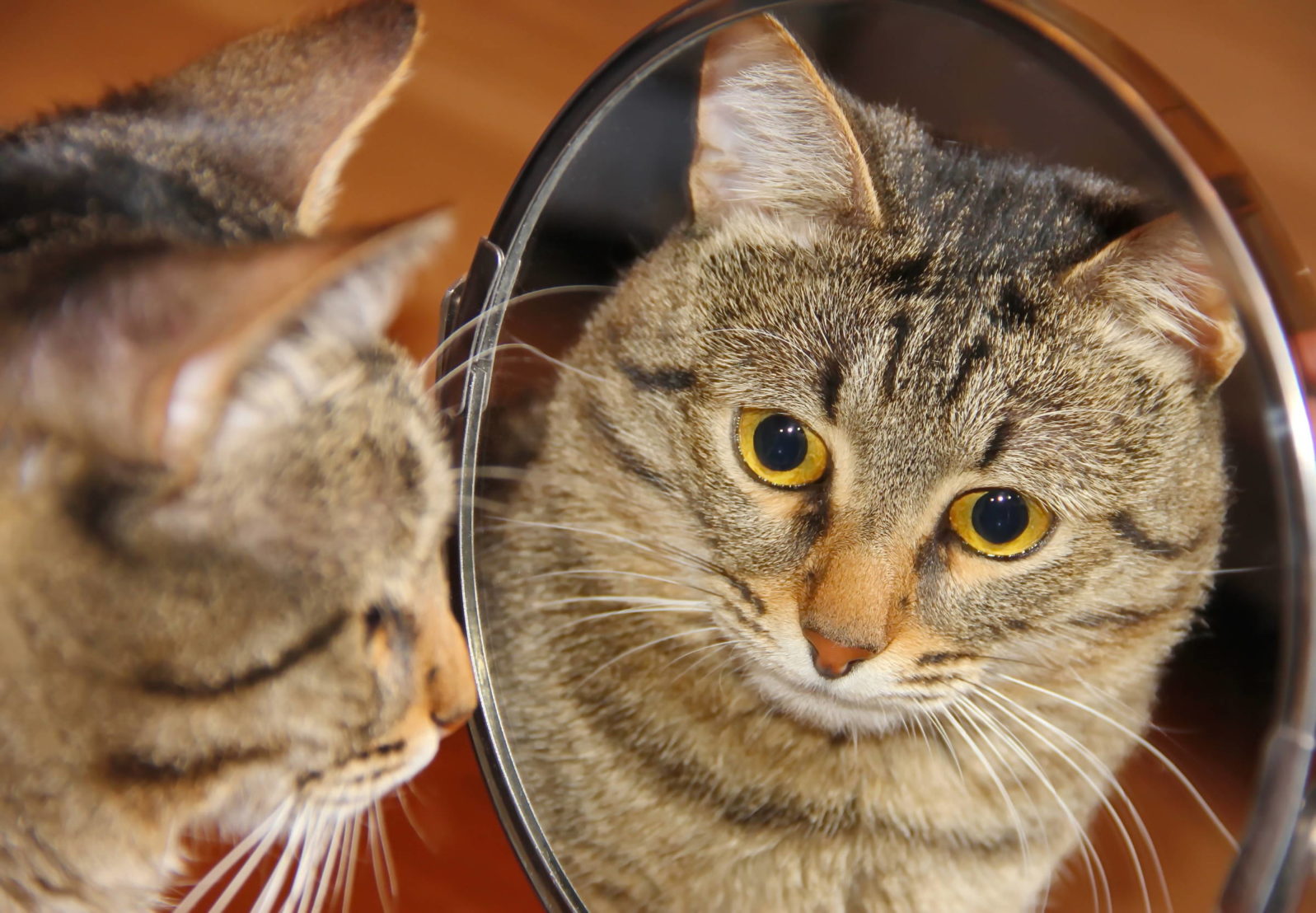

Articles
What Do Cats Think About Mirrors
Modified: January 5, 2024
Discover what cats think about mirrors in this collection of informative articles. Learn how cats react and interact with their reflections.
(Many of the links in this article redirect to a specific reviewed product. Your purchase of these products through affiliate links helps to generate commission for Storables.com, at no extra cost. Learn more)
Introduction
Cats are fascinating creatures, known for their curious nature and mysterious behaviors. One behavior that often captures our attention is how cats interact with mirrors. Many cat owners have witnessed their pets staring, hissing, or batting at their own reflections in the mirror, leaving us to wonder what goes on inside their furry little minds.
In this article, we will delve into the intriguing world of cats and mirrors. We will explore how cats interact with mirrors, whether they recognize themselves, why some cats are afraid of mirrors, and the potential benefits of mirrors for our feline friends.
So, let’s take a closer look at what cats think about mirrors and unravel some of the mysteries behind their captivating behavior.
Key Takeaways:
- Cats may not recognize themselves in mirrors, but their interactions reveal their curious nature, unique personalities, and hunting instincts, providing a glimpse into their captivating minds.
- While not all cats find mirrors entertaining, they can offer mental stimulation, environmental enrichment, and potential social interaction, catering to individual preferences and needs.
Read more: What Do Dogs Think Of Mirrors
How Do Cats Interact with Mirrors?
Cats have a unique way of interacting with mirrors that can vary from one individual to another. Some cats may be completely indifferent to their reflections, while others may exhibit a range of behaviors when faced with a mirror.
One common behavior is curiosity. When cats first encounter a mirror, they are likely to approach it and investigate it with great interest. They might sniff, paw at, or even try to play with their reflection, thinking it’s another cat or object of intrigue.
Another common behavior is vocalization. Some cats may meow, purr, or even growl at their reflection, as if they are engaging in a conversation or confrontational interaction. This vocalization can be a display of territorial instinct or a way to communicate their curiosity or confusion.
Furthermore, cats may exhibit physical behaviors such as swatting, batting, or pouncing at their own reflection, as if they are trying to catch their “opponent”. This behavior can be a manifestation of their hunting instincts, as they see the movement in the mirror as a potential prey.
It’s important to note that not all cats react to mirrors in the same way. Some cats may be uninterested or quickly lose interest in their reflection, while others may become fixated or obsessed with it. The intensity and duration of their interaction with mirrors can vary from cat to cat.
Overall, cats’ interactions with mirrors reflect their natural curiosity, hunting instincts, and unique individual personalities. It can be amusing and entertaining to observe their reactions, providing us with a glimpse into their fascinating world.
Do Cats Recognize Themselves in Mirrors?
The question of whether cats recognize themselves in mirrors has long intrigued pet owners and scientists alike. While some animals, such as humans and certain primates, are known to possess self-awareness, the concept of self-recognition in cats is still a topic of debate.
Studies have shown that most cats do not demonstrate signs of recognizing themselves in mirrors, unlike some other species. When cats look at their reflection, they often display behaviors that suggest they perceive the image as another cat or object rather than recognizing themselves.
One classic test used to measure self-recognition in animals is the “mirror self-recognition test.” This test involves placing a mark on an animal’s body in an area that can only be seen in a mirror reflection. If the animal can recognize itself, it will react to the mark on its own body when viewing its reflection.
In the case of cats, when a mark is placed on their body and they see it in the mirror, they typically show no signs of recognition or attempt to remove the mark. This suggests that cats do not possess the same level of self-awareness as species that pass the mirror self-recognition test, like dolphins, elephants, and some primates.
However, it’s essential to remember that not recognizing oneself in a mirror doesn’t mean cats lack awareness or intelligence. Cats have highly developed senses, excellent problem-solving abilities, and complex social behaviors.
So, while cats may not recognize themselves in mirrors, it doesn’t diminish their unique personalities and cognitive capabilities. Their lack of self-recognition in mirrors is just one piece of the puzzle in understanding their fascinating and complex minds.
Why Are Some Cats Afraid of Mirrors?
It is not uncommon for some cats to exhibit fear or anxiety when encountering mirrors. The reasons behind this fear can vary depending on the individual cat’s temperament, past experiences, and perception of the mirror’s reflection.
One possible reason for a cat’s fear of mirrors is a concept known as the “mirror self-image.” When a cat sees its reflection in the mirror, it may perceive the image as another cat invading its territory, which can trigger feelings of fear or aggression.
In addition, the perceived size and movements of the reflection in the mirror can be confusing and unsettling to some cats. The sudden appearance of a “stranger” that mimics their own movements can be overwhelming and trigger a fear response.
Another factor that can contribute to a cat’s fear of mirrors is previous negative experiences. If a cat has had a traumatic encounter with its reflection, such as feeling trapped or threatened while trying to interact with it, it may develop a fear response towards mirrors due to the association with that negative experience.
It’s also important to consider a cat’s individual personality and sensitivity. Some cats are naturally more fearful or anxious compared to others, making them more prone to being afraid of new or unfamiliar stimuli like mirrors.
If your cat shows fear or anxiety towards mirrors, it’s essential to respect their feelings and avoid forcing them to confront their fear. Provide a safe and comfortable environment for your cat away from mirrors if necessary. Over time, with patience and positive reinforcement, some cats may become less fearful of mirrors.
However, if your cat’s fear or anxiety towards mirrors persists or becomes problematic, it’s advisable to consult with a veterinarian or animal behaviorist for further guidance and assistance.
Remember, each cat is unique, and it’s crucial to understand and address their fears with empathy and patience.
Cats may react to their reflection in a mirror as they would to another cat. To prevent stress, introduce them to mirrors gradually and provide positive reinforcement.
Do Cats Find Mirrors Entertaining?
When it comes to finding entertainment, cats are known for their playful and curious nature. While cats may have a range of interests and preferences when it comes to entertainment, mirrors can indeed provide a source of intrigue and amusement for some felines.
Cats may find mirrors entertaining for several reasons. One of the main reasons is the perceived movement in the mirror. When a cat sees its reflection and notices the movement, it may interpret it as a potential prey item, triggering their hunting instincts and engaging their playful nature.
Additionally, some cats enjoy the interactive element of mirrors. They may paw at the glass, tap their reflection, or even mimic each other’s movements, creating a playful interaction that provides mental stimulation and entertainment.
Mirrors can also serve as a form of visual enrichment for cats. Cats are naturally curious, and the sight of their own reflection can provide them with a novel and visually stimulating experience. This can be particularly beneficial for indoor cats who may have limited environmental enrichment.
However, it’s important to note that not all cats find mirrors entertaining. Some cats may be indifferent to their reflection or quickly lose interest after initial curiosity. This is perfectly normal and doesn’t mean there’s anything wrong with your cat’s behavior.
If you notice that your cat is entertained by mirrors, it’s important to supervise their interaction to ensure their safety. Avoid using mirrors that are easily knocked over or have sharp edges. Additionally, be mindful of any signs of stress or overstimulation, and provide breaks and alternative sources of entertainment, such as interactive toys or playtime with you.
Ultimately, whether or not a cat finds mirrors entertaining can vary from one individual to another. It’s essential to observe and understand your cat’s preferences and provide them with a range of stimulating activities that cater to their unique personality and needs.
Read more: What To Think About When Building A House
How Can Cats Benefit from Mirrors?
While mirrors may not serve a specific functional purpose for cats, they can offer several potential benefits for our feline friends. These benefits range from mental stimulation to environmental enrichment.
One of the primary benefits of mirrors for cats is mental stimulation. Interacting with mirrors can engage a cat’s senses and provide them with a source of visual and sensory enrichment. The movement and presence of their reflection can intrigue and captivate cats, keeping their minds engaged and preventing boredom.
Mirrors can also serve as a form of environmental enrichment for cats, particularly for those who live indoors. Indoor cats may have limited opportunities to explore and engage with their surroundings. Mirrors can introduce a new and visually stimulating element to their environment, helping to alleviate boredom and provide a source of entertainment.
Furthermore, mirrors can offer social interaction for cats. When cats see their reflections, they may perceive them as other cats, creating a sense of companionship or a potential playmate. This can be especially valuable for solitary cats who may benefit from the illusion of social interaction.
In some cases, mirrors can also be used as a tool for behavior modification. For example, a mirror can be strategically placed to deter certain undesirable behaviors, such as scratching furniture or jumping on countertops. The reflection in the mirror can startle the cat, discouraging them from engaging in those behaviors in that particular area.
However, it’s important to note that not all cats will benefit from mirrors in the same way. Each cat has its own unique preferences and sensitivities, and while some may find mirrors beneficial, others may be indifferent or even fearful of them. It’s essential to observe and understand your individual cat’s reactions and adjust their environment accordingly.
Lastly, it’s crucial to prioritize your cat’s overall well-being and provide a balanced range of enrichment activities. Mirrors should never be a substitute for social interaction, playtime, or other forms of mental and physical stimulation. They should be seen as just one tool among many to enhance your cat’s environment and enrich their lives.
Conclusion
Cats and mirrors have an intriguing relationship that captivates both cat owners and researchers alike. While cats may not recognize themselves in mirrors, their interactions with their own reflections provide us with a glimpse into their curious minds and unique personalities.
Some cats may engage in playful behaviors, vocalization, or even show signs of fear when confronted with a mirror. Each cat’s reaction to mirrors can vary based on their individual temperament, past experiences, and perception of the reflection.
While cats may not derive any functional or practical benefits from mirrors, they can still enjoy certain advantages. Mirrors can provide mental stimulation, environmental enrichment, and an avenue for social interaction, particularly for indoor cats who may have limited opportunities for exploration and socialization.
However, it’s important to remember that not all cats will find mirrors entertaining or beneficial. Some may be indifferent, while others may exhibit fear or anxiety. It’s vital to respect their individual preferences and needs, providing a safe and comfortable environment that accommodates their unique personalities.
In conclusion, the relationship between cats and mirrors is a fascinating and multifaceted subject. While cats may not comprehend the true nature of their reflection, mirrors can undoubtedly offer cats a glimpse into a world of curiosity, entertainment, and mental stimulation.
So the next time you witness your cat interacting with a mirror, take a moment to appreciate their innate curiosity and the fascinating mystery of their perception. It’s just one more aspect that makes cats such enchanting and captivating companions.
Frequently Asked Questions about What Do Cats Think About Mirrors
Was this page helpful?
At Storables.com, we guarantee accurate and reliable information. Our content, validated by Expert Board Contributors, is crafted following stringent Editorial Policies. We're committed to providing you with well-researched, expert-backed insights for all your informational needs.
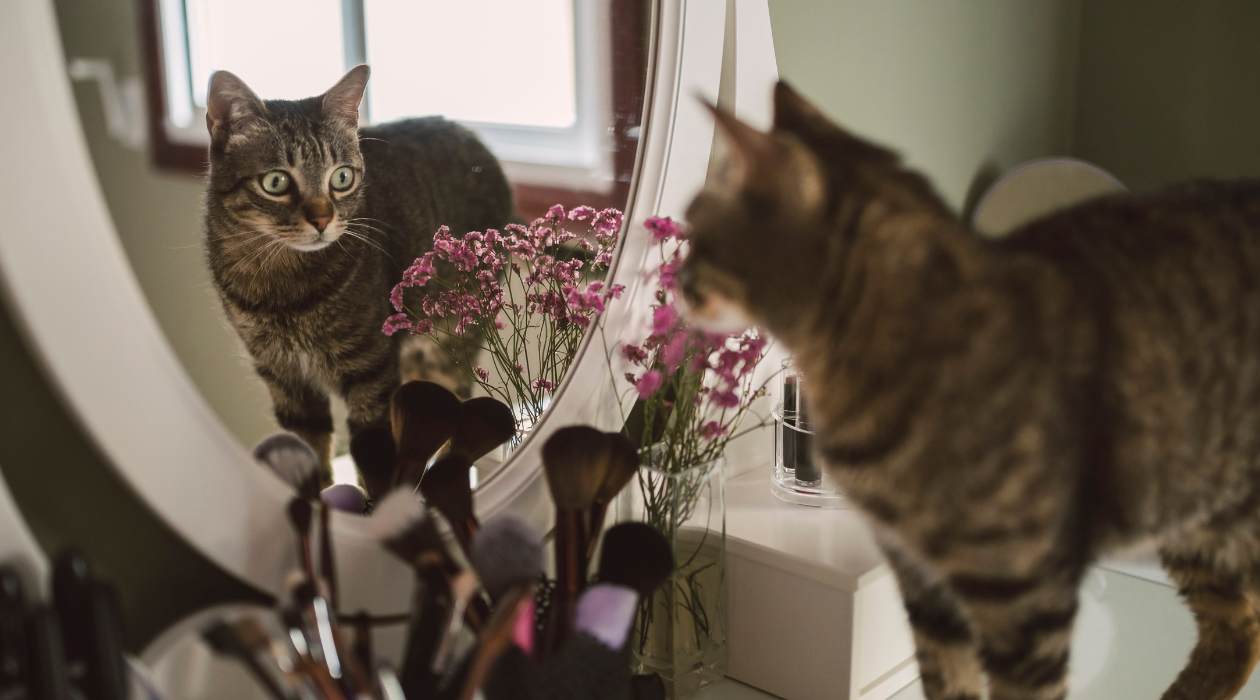




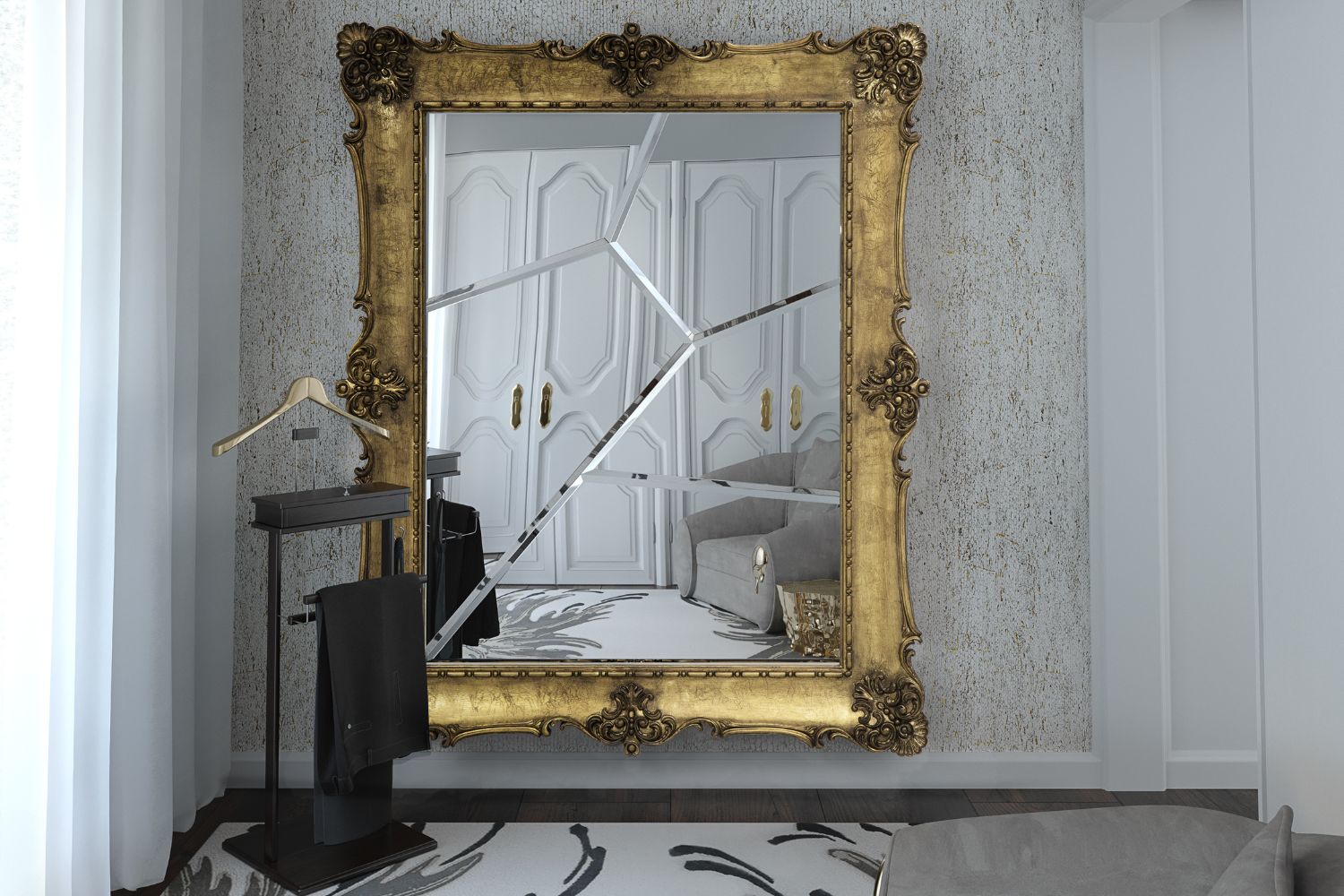
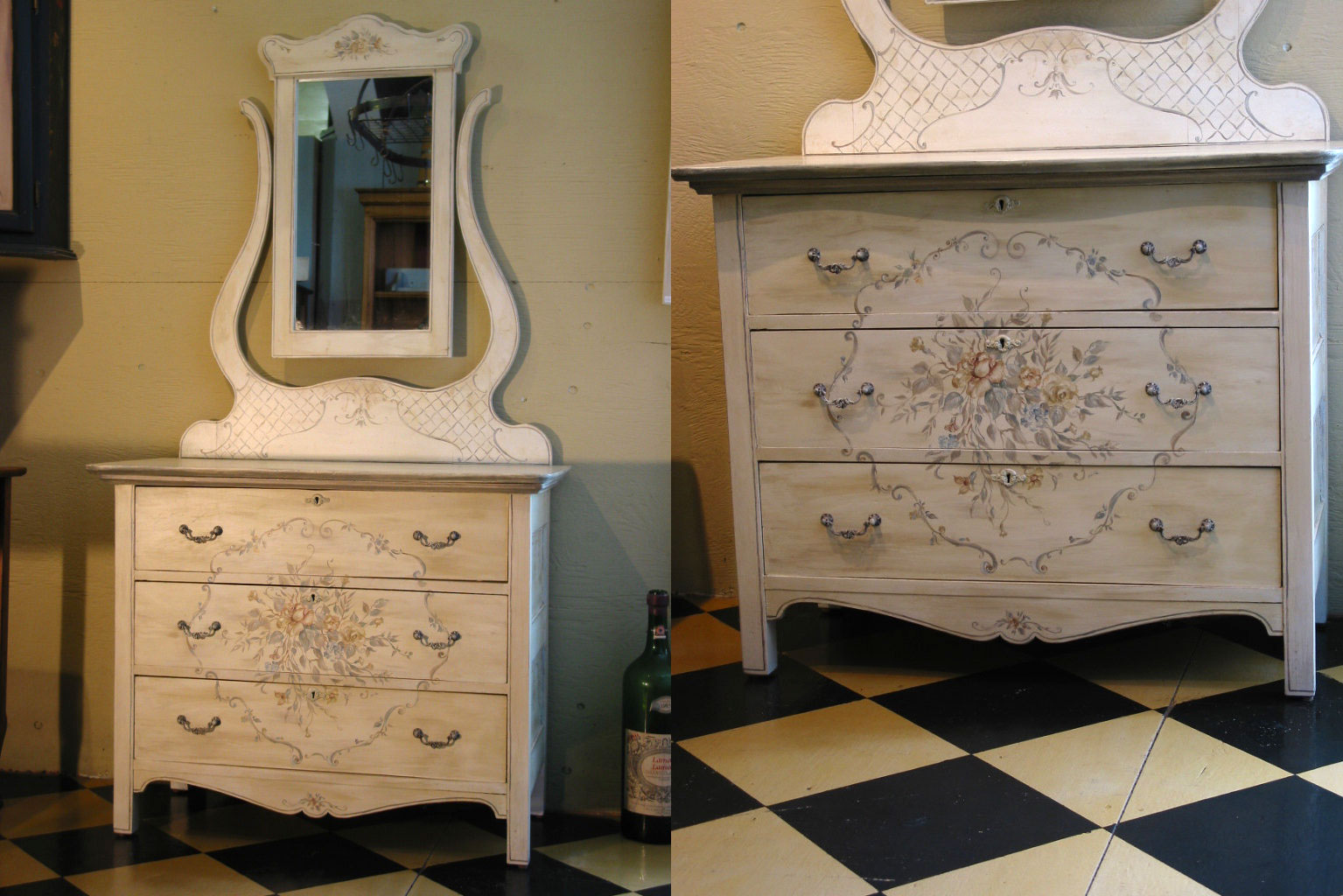



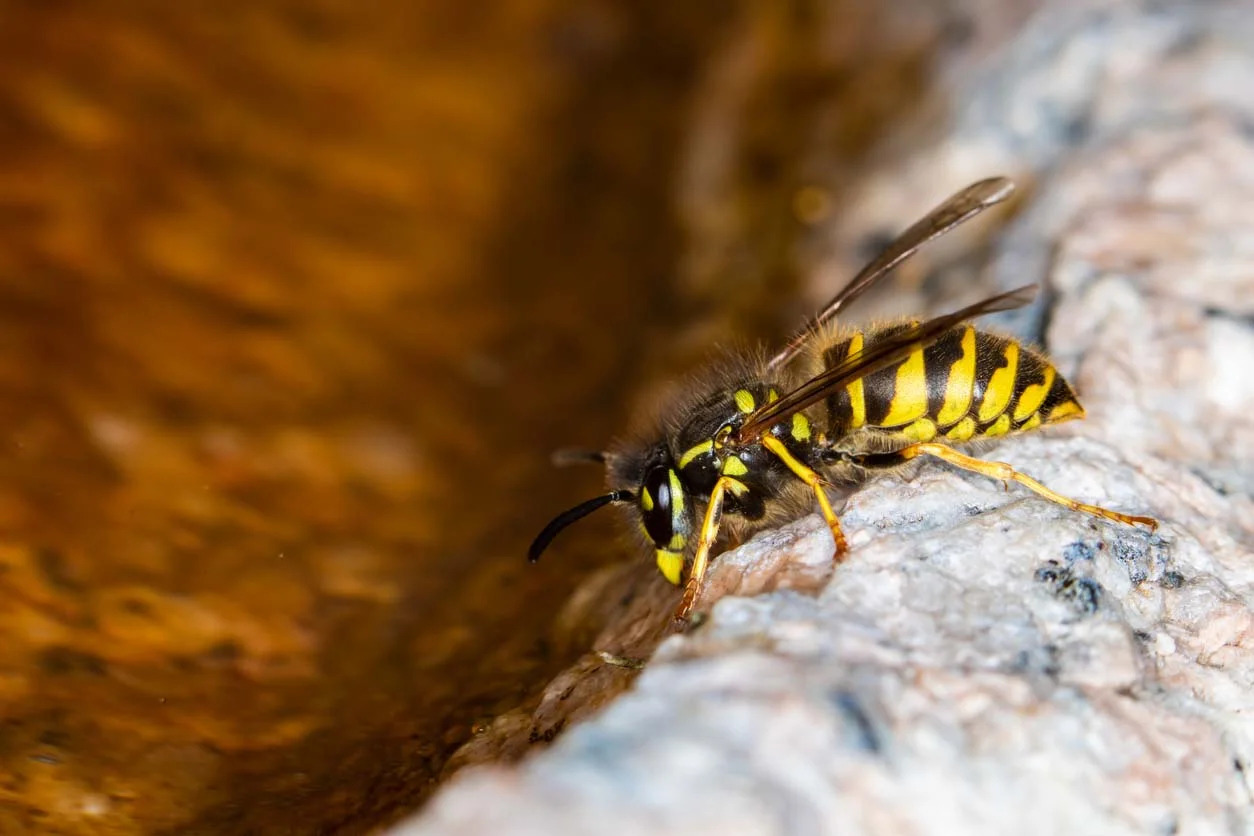
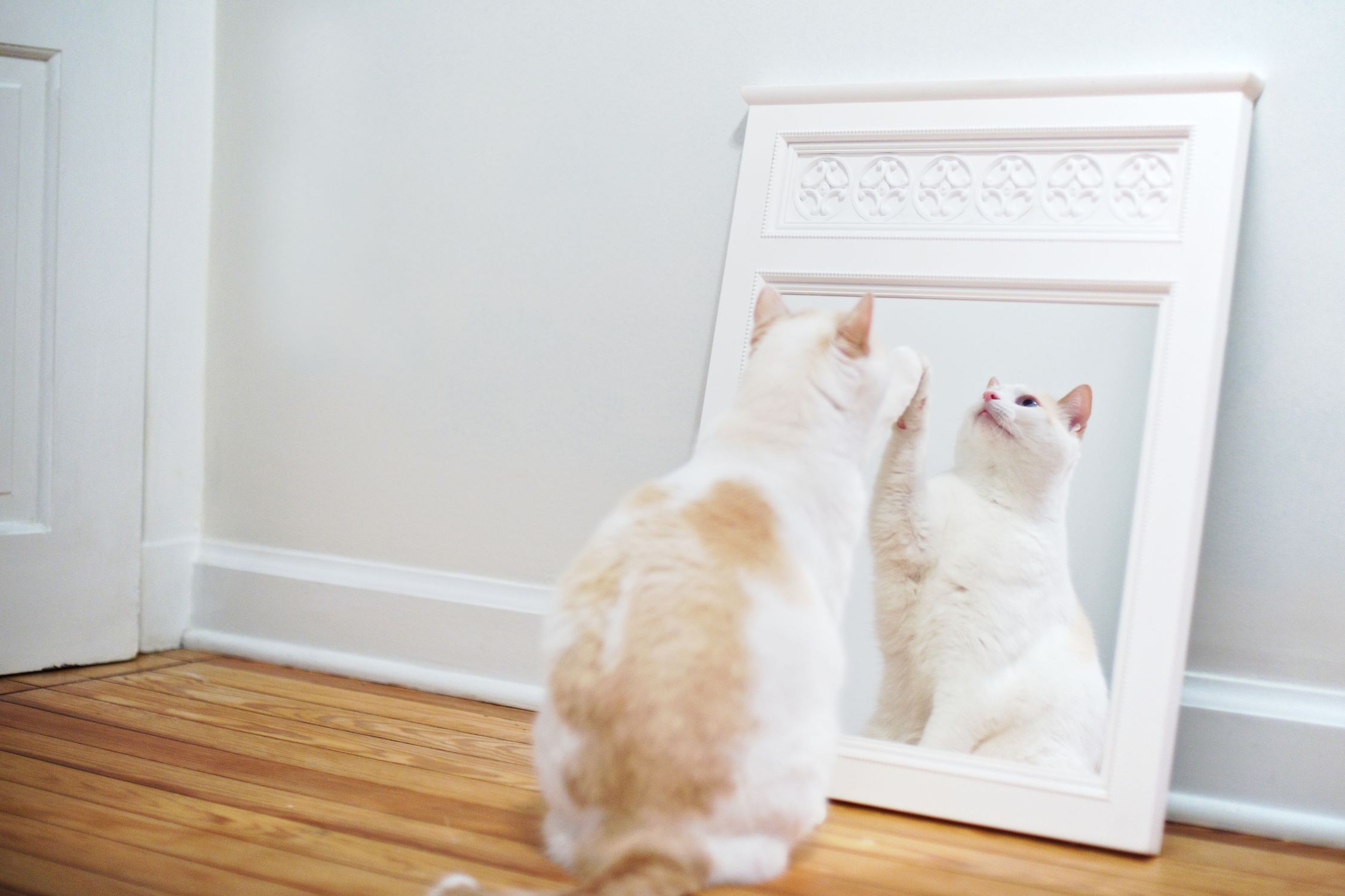
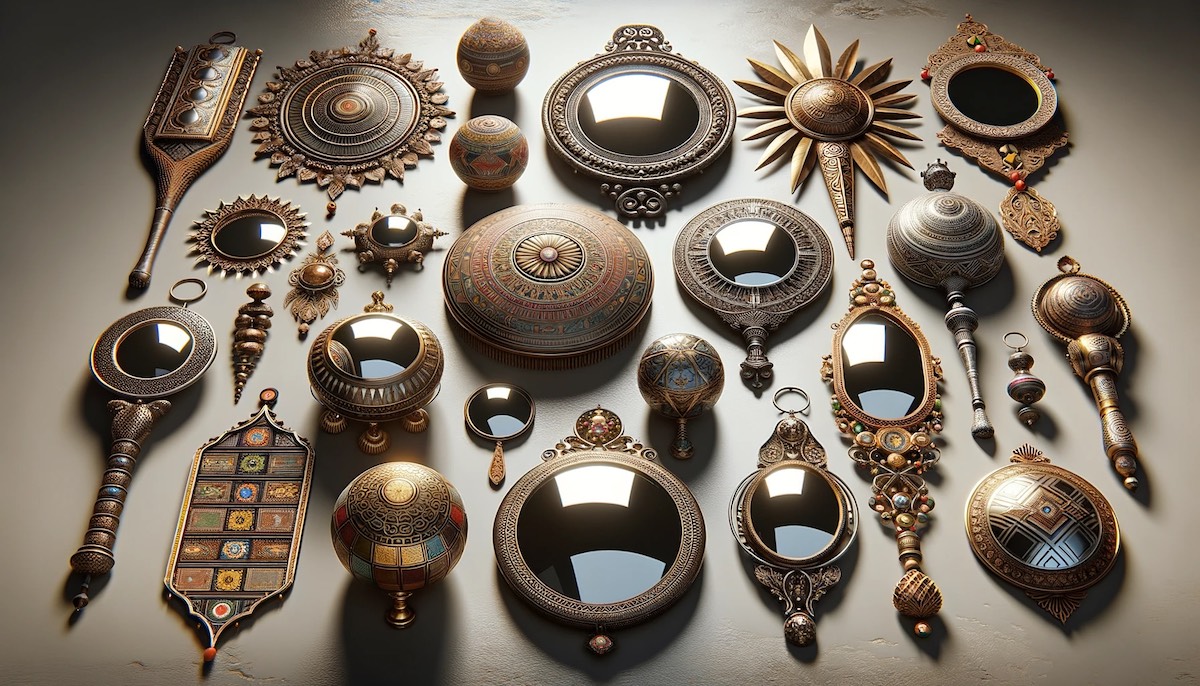
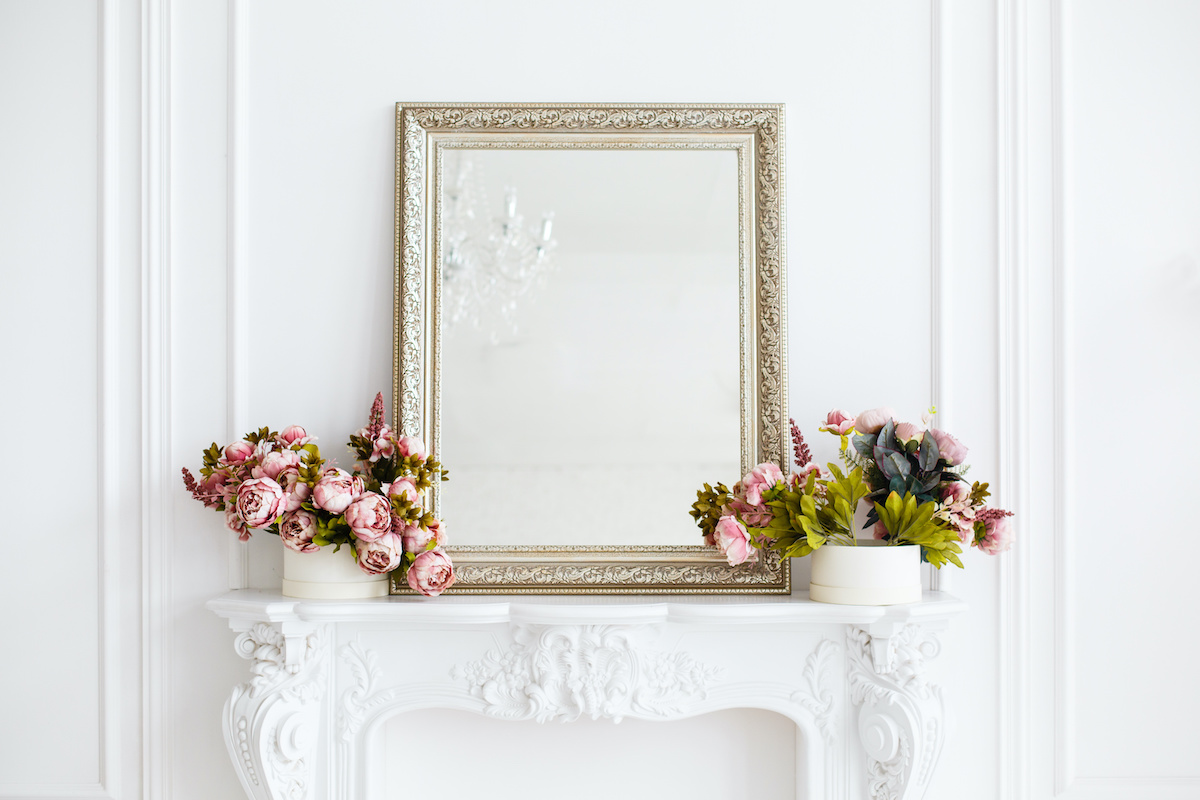

0 thoughts on “What Do Cats Think About Mirrors”